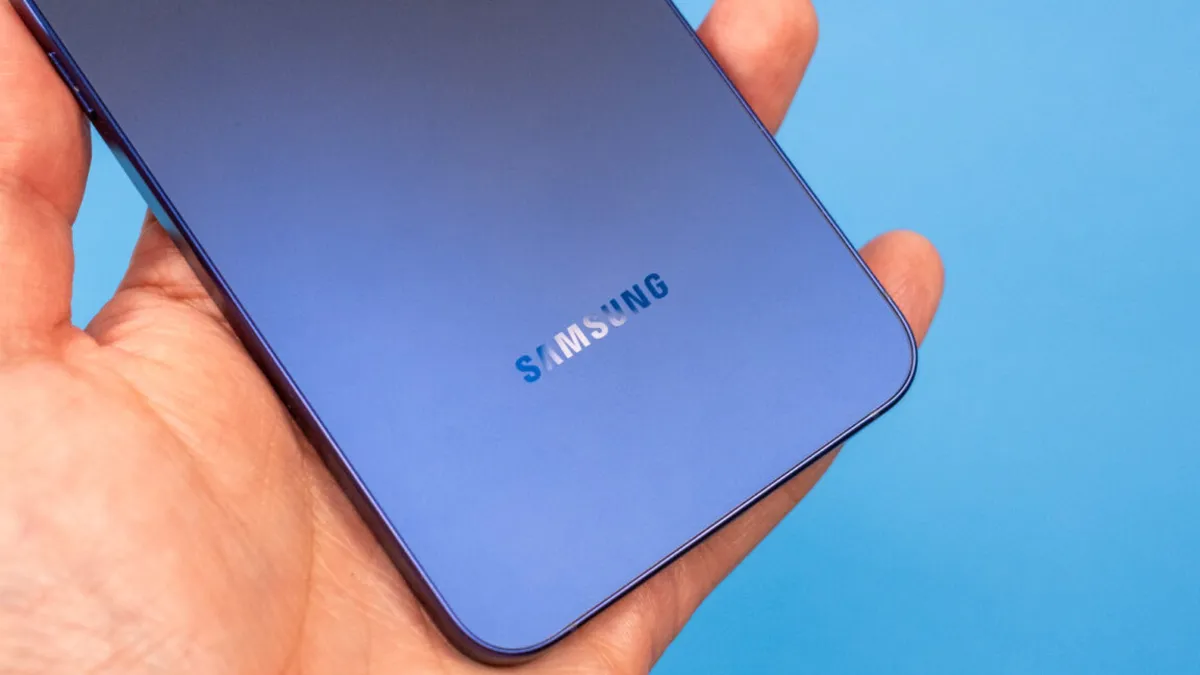
Epic Games, riding high on the monumental success of Fortnite, has been strategically maneuvering to expand its presence in the mobile industry by pushing for its own app store to be accessible on a wider range of devices. In a significant turn of events in late 2023, Epic achieved an important antitrust victory against Google. The following year, the company turned its attention to Samsung, challenging the implementation of a feature known as Auto Blocker on its Android devices, which threatened to restrict users from downloading the Epic Games Store.
The contention surrounding the Epic Store traces back several years, when Epic Games took a bold stand against the established rules of both Google and Apple regarding external payment systems within the wildly popular Fortnite. This defiance led to both companies removing the app from their respective stores, prompting Epic to file a lawsuit. In the ensuing legal battles, Apple emerged victorious, with Fortnite only recently making its return to iPhones. Conversely, Google faced defeat when Epic successfully demonstrated that Google was actively working behind the scenes to undermine the development of alternative app stores, including its own.
Despite Google’s ongoing efforts to evade penalties from the long-standing antitrust case, Epic Games perceived a potential conspiracy last year and subsequently filed a lawsuit against Samsung. The crux of the issue revolved around Samsung's introduction of Auto Blocker, a feature akin to Google's Advanced Protection in Android 16. This feature is designed to enhance device security by preventing USB-based attacks, disabling link previews, and frequently scanning apps for malicious software. Most critically, it blocks the sideloading of apps, which is essential for users wishing to install the Epic Games Store and access its offerings.
Auto Blocker comes pre-enabled on Samsung devices, although users have the option to opt-out during the initial setup. Epic Games argued that this unexpected feature's introduction was indicative of a collaboration between Google and Samsung aimed at hindering the growth of alternative app stores. Recently, Epic Games announced that it has reached a settlement with Samsung, leading the company to withdraw its lawsuit. Epic's CEO, Tim Sweeney, confirmed that Samsung has agreed to address the company’s concerns, though the specifics of the agreement remain undisclosed.
While details of the settlement are still under wraps, we can speculate about the potential outcomes based on Epic's initial demands. Sweeney previously indicated a desire for Samsung to either stop making Auto Blocker the default setting or to establish a whitelist that would allow certain apps to bypass the installation restrictions. Users will likely gain more clarity on this matter soon, particularly with Samsung set to unveil the Galaxy Z Fold 7 and Z Flip 7 on July 9. If these new devices do not have Auto Blocker enabled by default for users during setup, it would suggest that Epic’s concerns have been addressed.
Another possibility is that approved third-party app stores, including Epic’s, may receive special permissions within Auto Blocker mode, allowing Samsung to maintain enhanced security while accommodating Epic's requests. A particularly intriguing scenario would involve Samsung agreeing to bundle the Epic Games Store with its new devices, a strategy Epic has pursued in previous years. Google had previously worked behind the scenes to thwart such partnerships, fearing they would negatively impact revenue from the Play Store, which ultimately contributed to their defeat in the antitrust case.